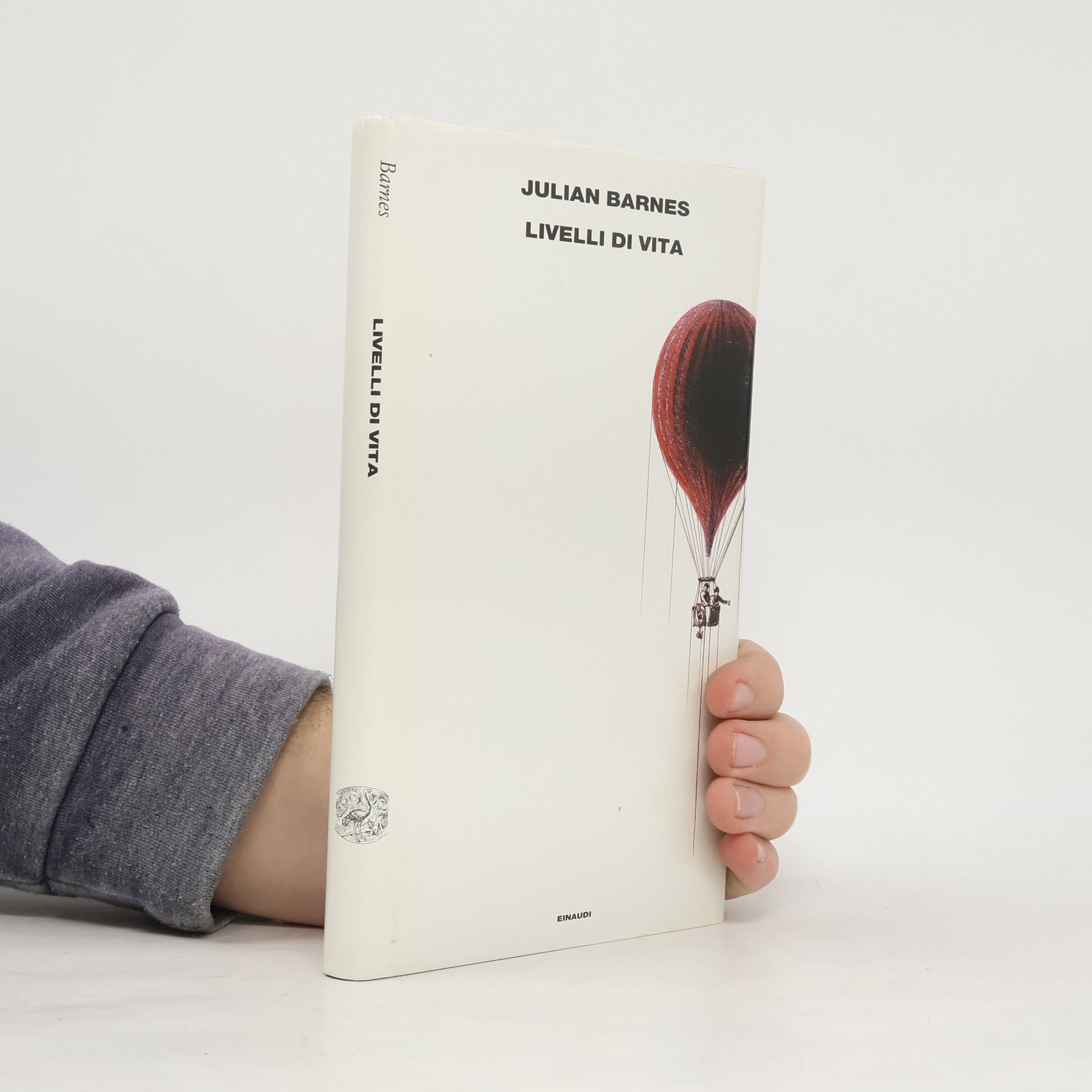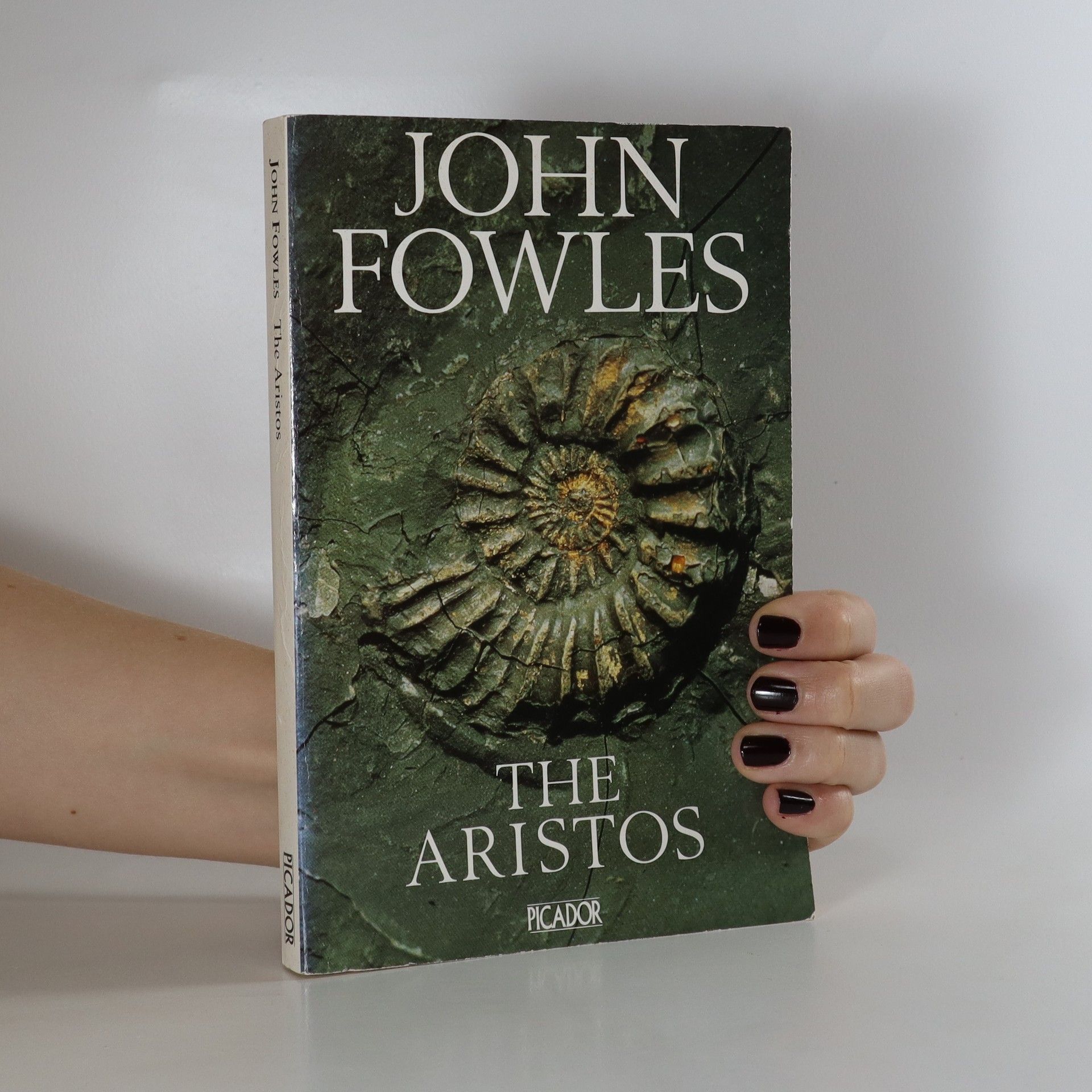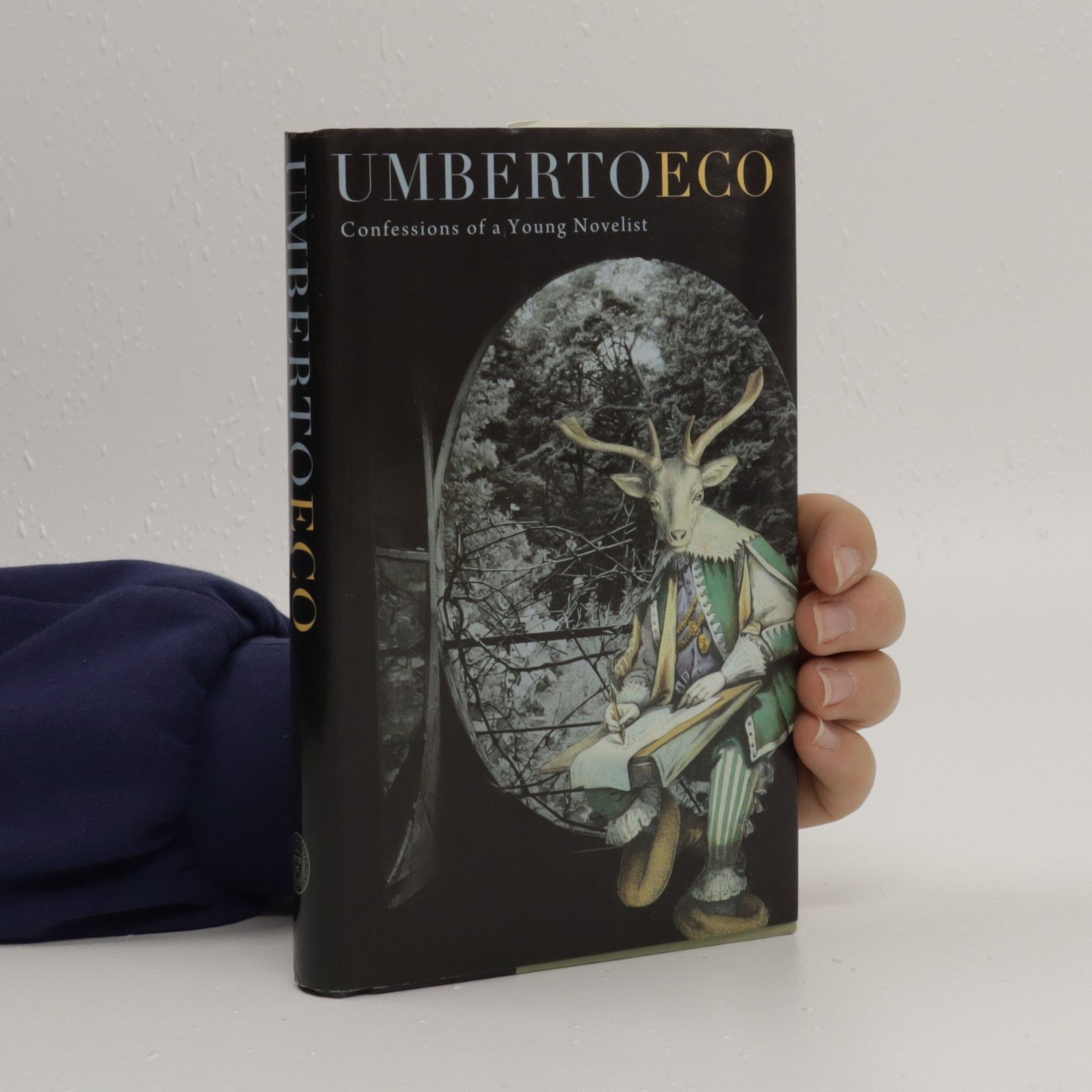Vtipná zamyšlení autora povídek o mužích ve člunu a na toulkách tentokrát míří do vlastních řad. Jerome Klapka Jerome v nich podrobuje trefné kritice to, čeho si Angličané tolik váží – střídmý pohled na věc a racionální úsudek. Čtenář se dozví, jak Angličan zvládá různé životní situace, jaký je prospěch otroctví, jak pečovat o ženy a jak je zvládat. Dvojjazyčný text s gramatickým a lexikálním komentářem pod čarou. Pro středně pokročilé. Komentář Jana Nováková. Obsah: O tom, jak pečovat o ženy a jak je zvládnout O umění rozhodnout se O tom, že dělat věci s rozmyslem je ztráta času O naší ušlechtilosti
Petr Fantys Libri


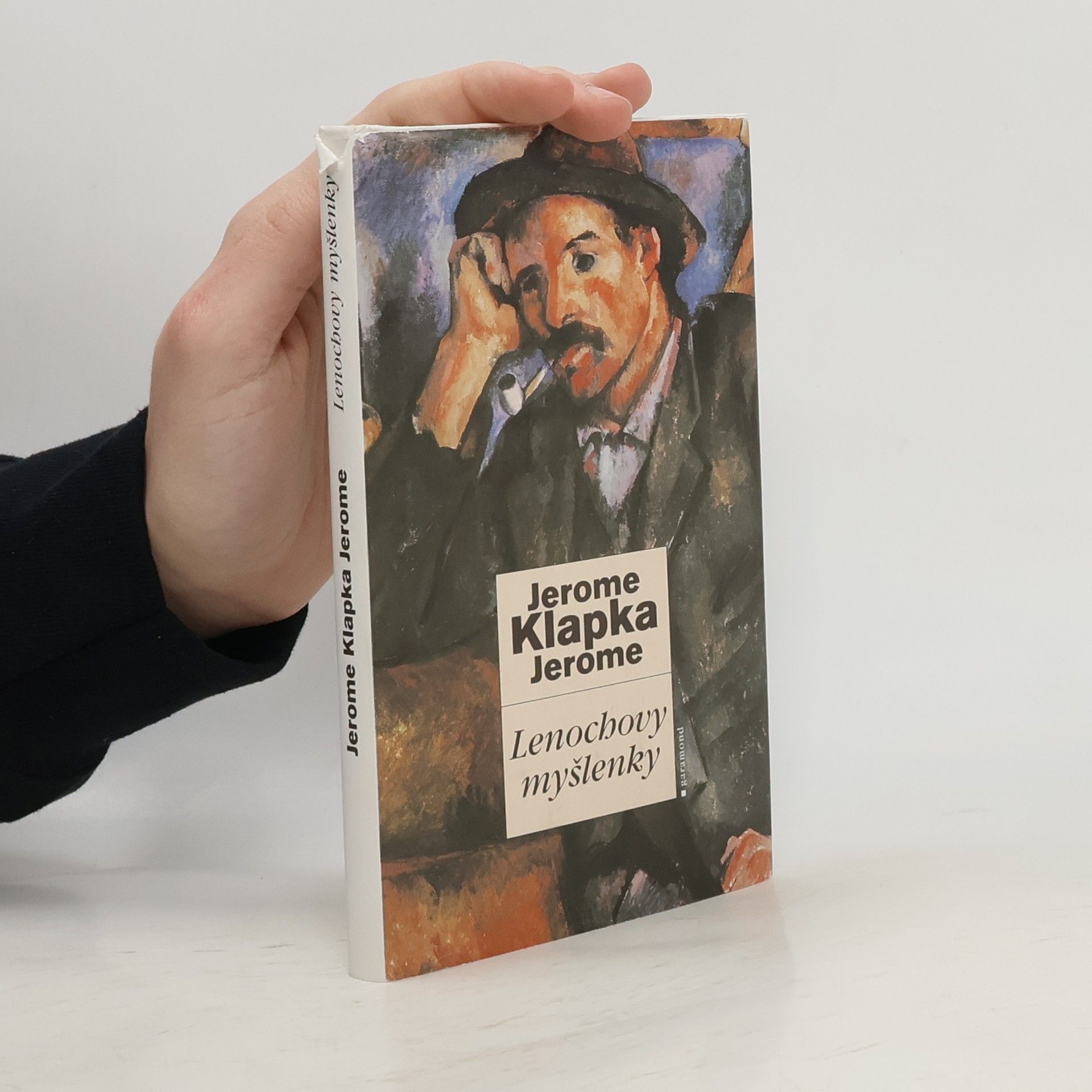

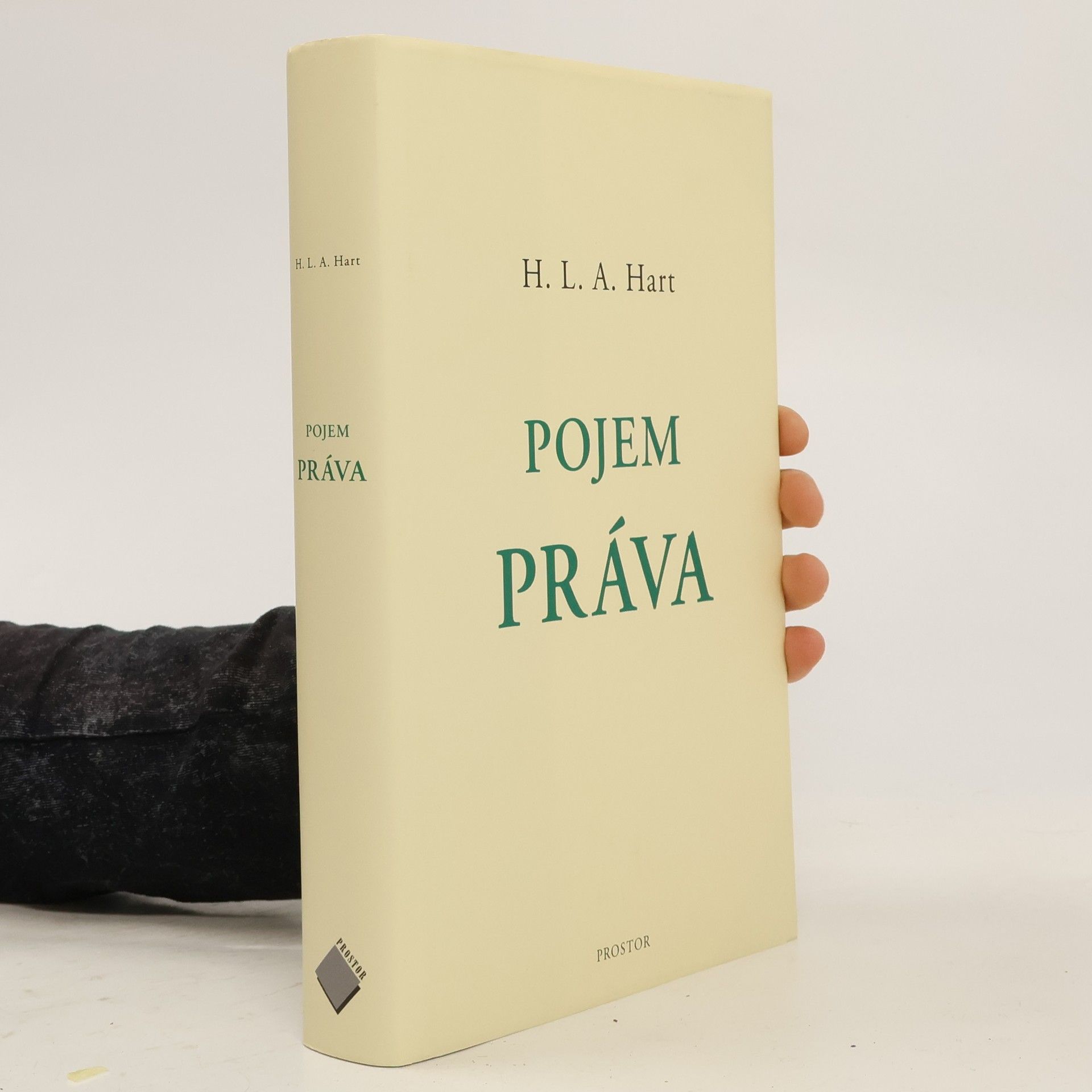
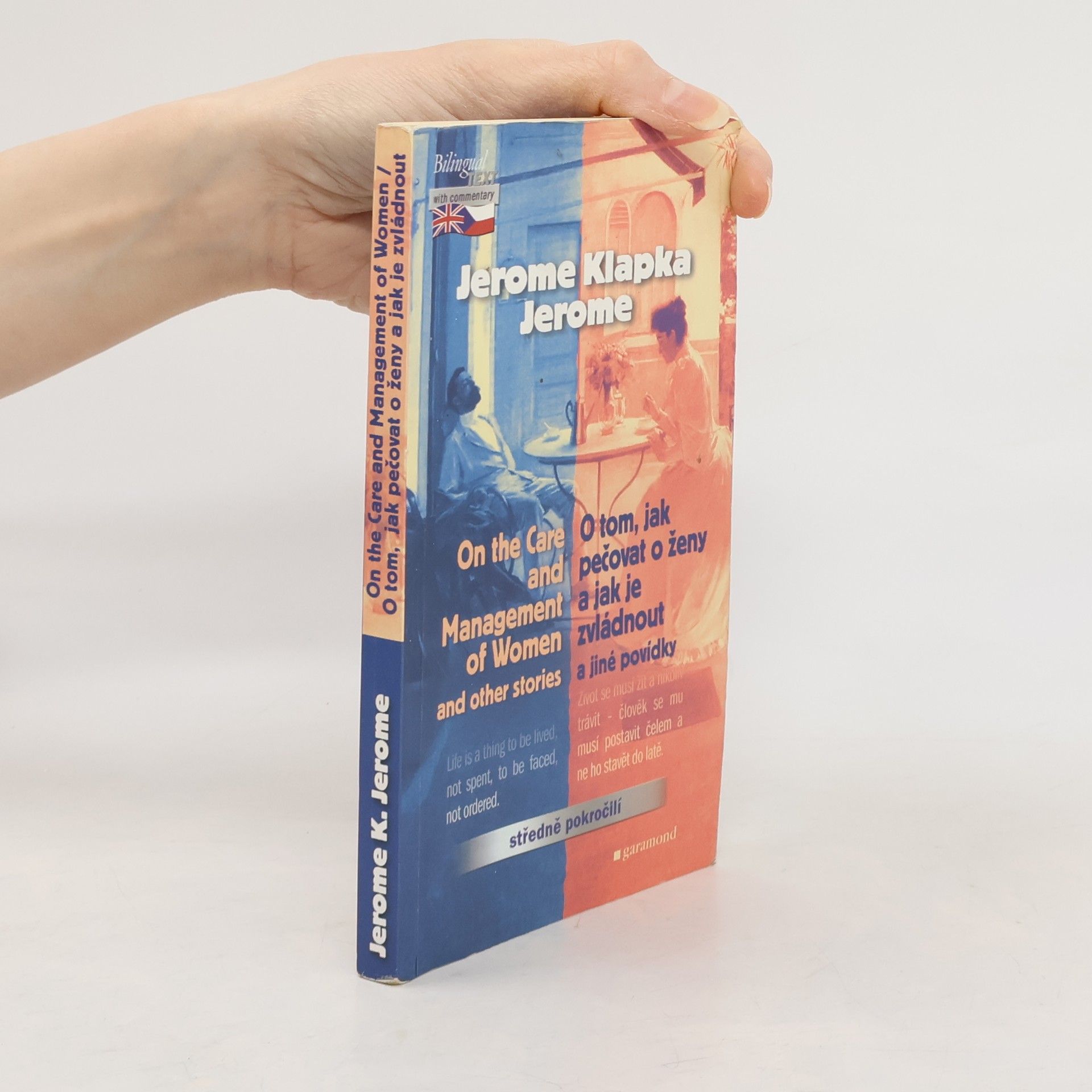
Herbert Lionel Adolphus Hart (1907–1992), někdejší profesor právní teorie Oxfordské univerzity, patří mezi nejvýznamnější postavy právní filozofie 20. století a jeho kniha Pojem práva radikálním způsobem změnila tradiční pohledy na právo a jeho vztah k morálce i politice, na pojem přirozeného práva a spravedlnosti i na právní metodologii.
Het noodlotskind
- 342pagine
- 12 ore di lettura
Levensbeschrijving van de Iraanse Roxanne, in 1938 geboren in het joodse getto in Teheran. Tegen de achtergrond van de politieke gebeurtenissen in Iran wordt het leven geschetst van haar bazige grootmoeder en haar moeder die haar dochtertje bij een kennis in huis doet, omdat er een doem op haar zou rusten.
Lenochovy myšlenky
- 122pagine
- 5 ore di lettura
Lenochovy myšlenky jsou pokračováním humorně laděných zamyšlení Jalové nápady lenivého člověka. Klapkův postřeh a vtip tentokrát míří takříkajíc do vlastních řad, když podrobují trefné kritice to, co je Angličanům tak drahé – střídmý a racionální úsudek. Čtenář se dozví, jak Angličan zvládá různé životní situace, jaké jsou například radosti a prospěch otroctví, jak pečovat o ženy a jak je zvládnout.
Watching the evening news offers constant evidence of atrocity--a daily commonplace in our "society of spectacle." But are viewers inured--or incited--to violence by the daily depiction of cruelty and horror? Is the viewer's perception of reality eroded by the universal availability of imagery intended to shock? In this investigation of the role of imagery in our culture, Susan Sontag cuts through circular arguments about how pictures can inspire dissent or foster violence as she takes a fresh look at the representation of atrocity--from Goya's The Disasters of War to photographs of the American Civil War, lynchings of blacks in the South, and Dachau and Auschwitz to contemporary horrific images of Bosnia, Sierra Leone, Rwanda, and New York City on September 11, 2001. Sontag's new book, a startling reappraisal of the intersection of "information", "news," "art," and politics in the contemporary depiction of war and disaster, will forever alter our thinking about the uses and meanings of images in our world
Anilin přízrak
- 230pagine
- 9 ore di lettura
Kanadský autor se v tomto románu vrací do země svého dětství na Srí Lanku a konfrontuje minulost této exotické krajiny s její rozporuplnou současností. Hrdinkou je soudní lékařka, která se vrací do rodné země sužované občanskou válkou a politickým terorem, aby našla důkazy o vraždění civilistů. Při pátrání po pachatelích těchto zločinů se setkává s lidmi, kteří jí pomohou uvědomit si, že realita této země je mnohem složitější, než se jí po dlouhém odloučení na první pohled jeví, a že i pravda, o kterou usiluje, může mít více podob. Hrdinka, která se musí postupně vyrovnat se svými západem poznamenanými názory na dobro a zlo, nachází opět vřelý vztah ke své rodné zemi a dění na ostrově se stává již natrvalo součástí jejího života. Závažné politické téma je rámováno barvitým nekonvenčním obrazem země, jejích duchovních a přírodních tradic.
Livelli di vita
- 128pagine
- 5 ore di lettura
Siamo creature destinate a vivere coi piedi per terra, ma aspiriamo a elevarci. Da spettatori terragni, occasionalmente raggiungiamo gli dèi, spesso attraverso l'amore. Tuttavia, se possiamo elevarci, rischiamo anche di precipitare. Tre pionieri ottocenteschi rivivono in un originale intreccio di fatti e finzione: Fred Burnaby, colonnello della cavalleria inglese e viaggiatore, la «divina» Sarah Bernhardt, la grande attrice, e Félix Tournachon, noto come Nadar, caricaturista e fotografo. Un comune impulso per il volo li unisce, spingendoli a sganciarsi dal regno terrestre per conquistare lo spazio degli dèi, una metafora per ogni storia d'amore. L'immaginata relazione tra Burnaby e Bernhardt rappresenta l'aria e l'eccentricità, mentre Nadar e la moglie Ernestine incarnano una devozione duratura. Anche la storia d'amore di Julian Barnes e Pat Kavanagh è un esempio di come due elementi apparentemente incompatibili possano cambiare il mondo. Volare è esaltante ma pericoloso; un errore può portare a una caduta devastante. Dopo la perdita dell'altezza e della prospettiva, cosa rimane? Non possiamo scendere negli Inferi come Orfeo, ma possiamo esplorare i sogni e la memoria, che diventano baluardi di una vita intensa e di un amore che continua a vivere, in attesa di un vento che ci riporti in alto.
Two years after The Collector had brought him international recognition and a year before he published The Magus, John Fowles set out his ideas on life in The Aristos. The chief inspiration behind them was the fifth century BC philosopher Heraclitus. In the world he saw in constant and chaotic flux the supreme good was Aristos. unfree world. He called a materialistic and over-conforming culture to reckoning with his views on a myriad of subjects - pleasure and pain, beauty and ugliness, Christianity, humanism, existentialism and socialism.
Presents an analysis of the nature, causes, and significance of violence in the second half of the twentieth century. This title also re-examines the relationship between war, politics, violence, and power.
Umberto Eco published his first novel, The Name of the Rose, in 1980, when he was nearly fifty. In these “confessions,” the author, now in his late seventies, looks back on his long career as a theorist and his more recent work as a novelist, and explores their fruitful conjunction. He begins by exploring the boundary between fiction and nonfiction—playfully, seriously, brilliantly roaming across this frontier. Good nonfiction, he believes, is crafted like a whodunnit, and a skilled novelist builds precisely detailed worlds through observation and research. Taking us on a tour of his own creative method, Eco recalls how he designed his fictional realms. He began with specific images, made choices of period, location, and voice, composed stories that would appeal to both sophisticated and popular readers. The blending of the real and the fictive extends to the inhabitants of such invented worlds. Why are we moved to tears by a character’s plight? In what sense do Anna Karenina, Gregor Samsa, and Leopold Bloom “exist”? At once a medievalist, philosopher, and scholar of modern literature, Eco astonishes above all when he considers the pleasures of enumeration. He shows that the humble list, the potentially endless series, enables us to glimpse the infinite and approach the ineffable. This “young novelist” is a master who has wise things to impart about the art of fiction and the power of words.
